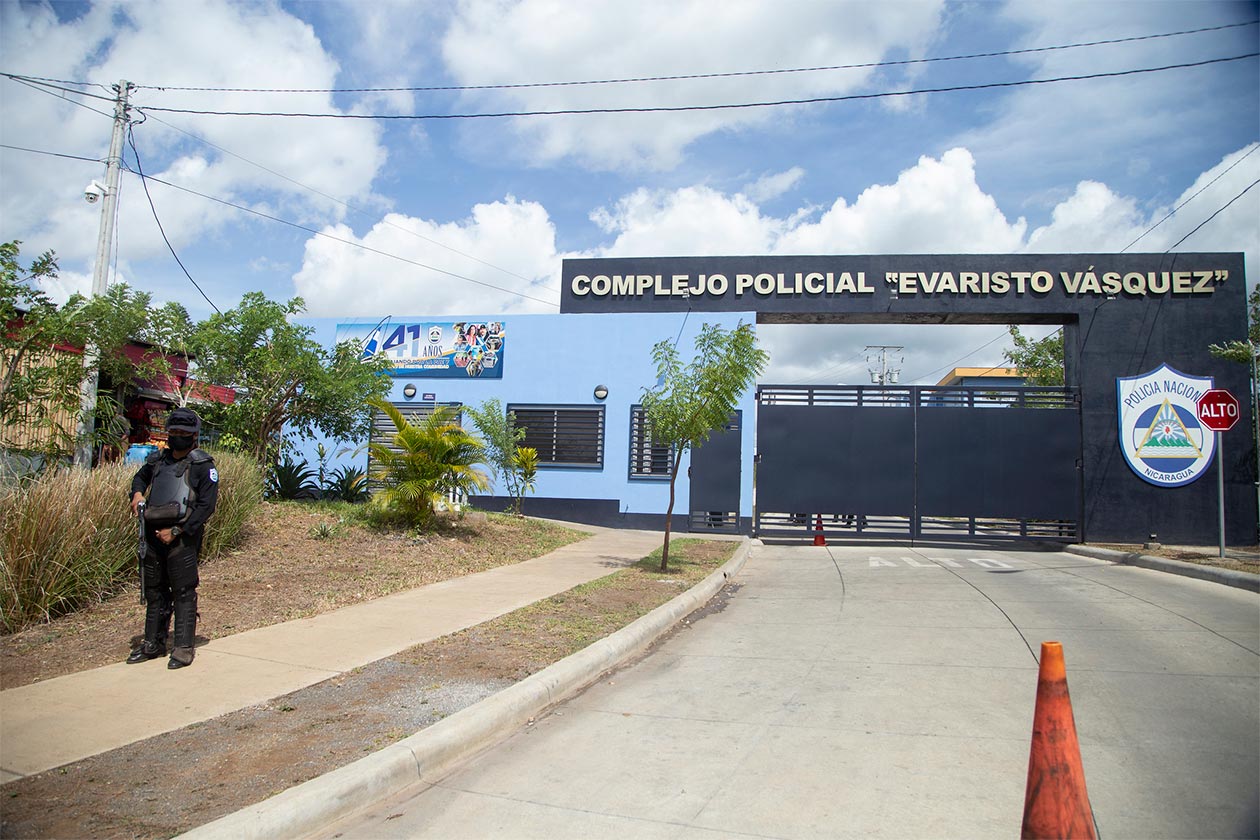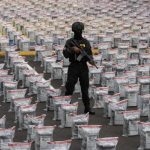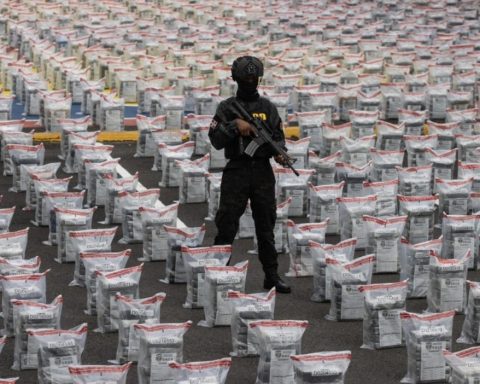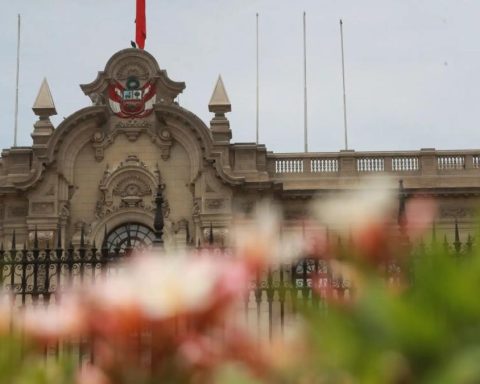the group of 15 prosecutors and judges responsible for charging and sentencing political prisonersunder the regime of Daniel Ortega, “they are actors in the crimes that are being committed here” and will have to be tried, warned human rights defender Vilma Núñez, who considered the current trials more repressive than the military councils established in the city. Somoza dictatorship.
“They are necessary actors, aware of the crimes that are being committed in Nicaragua through the administration of justice…In Nicaragua there are enough indications and enough elements so that from Daniel Ortega on down they are tried for the crimes they have committed and are committing before international courts”Núñez said in an interview on Confidencial Radio on Friday.
The regime’s justice system reactivated the political trials against 17 people since February 1, 2022. They are part of more than thirty opponents imprisoned between May and November 2021 on false charges during the repressive escalation with which Ortega eliminated political competition to secure a fourth consecutive term.
The hearings have been behind closed doors in the Judicial Assistance cells known as “El Chipote” and have only had the presence of a relative, after the protest of relatives of Ana Margarita Vijil –sentenced to ten years in prison– to let them enter.
The defense attorneys are thoroughly searched, they are held incommunicado because they are robbed of their cell phones. The communication they allow with their clients is minimal. In other cases, the blockade of the defense has been more frontal, as occurred in the trial of the student leader Lesther Alemán; whose defender was constantly interrupted and forced to remain silent.
“There is no point of comparison in terms of publicity and the way trials are processed,” questions the defender Núñez when comparing the hermetic hearings that take place in the “El Chipote” prison with the military courts-martial, in which she participated as a defender, witness and political prisoner.
The Somocista dictatorship judged members of the Sandinista Front. The trials were oral and public, they were held inside a military complex, unlike what it is today.
According to Núñez, these hearings were not secret and the right to defense could be exercised openly. Relatives of political prisoners from the Somocista dictatorship attended, as did the press and supporters of the Sandinista Front, who with banners in hand demanded justice.
Read: Second week of trials closes with rulings against Tinoco and Jerez
With Ortega there is no other sentence than guilt
Two weeks after the reactivation of the cases, judges close to the regime have convicted 17 political prisoners and sentenced seven to sentences of eight to 13 years in prison for the crime of “Undermining national integrity”, despite the fact that the evidence presented by the Prosecutor’s Office does not demonstrate the commission of the crime, confirmed CONFIDENTIAL.
The Ortega judges are Luden Martín Quiroz García, of the Ninth Criminal District Court of Managua; Nadia Camila Tardencilla Rodríguez, of the Second Court of the Criminal Trial District; Ángel Jancarlos Fernández González, of the Fourth Court; Félix Ernesto Salmerón Moreno, of the Fifth Criminal Trial District; Nancy Aguirre Gudiel, of the Tenth Court, and Ulisa Yahoska Tapia Silva, of the Thirteenth Court.
In the hearings, according to the human rights defender, Núñez continues to violate all legal norms, “the accused are not allowed to speak and even the judges are not the ones in charge in the room, they do what the Police tell them.”
What’s more: Judge sentences Douglas Cerros to 12 years in prison and confiscates truck
He stressed that under the current conditions, “there is no possibility of waiting for an acquittal” of a political prisoner, as happened in a court martial. The current president of the Supreme Court of Justice (SCJ), Alba Luz Ramos, was tried and Núñez served as her witness. Ramos’ defense showed that she was not in the country when the events she was accused of occurred. “She was the only person who was acquitted in that court martial and if not, she denies me,” said Núñez.
“Do you think it is possible that we expect that the 40 or 30 that remain to be judged will have some acquittal, definitely not! We are only waiting for conviction in those mock trials,” said Núñez. In her own experience as a political prisoner of the Somocista dictatorship, the human rights defender was found guilty, then the appeal came and later her sentence was revoked and her release was ordered. This shows that even in that authoritarian, dictatorial system, there was “a minimum of institutionality.”
“Specifically, Daniel Ortega has surpassed the institutionality in destruction, in brutality, and in everything that many of us once bet on destroying forever in Nicaragua, such as the Somoza dictatorships,” said Núñez.
From his perspective, the current judges are “acting against express law.” “They are acting consciously. They are actors, I repeat, they are actors of the crimes that are being committed here, and they act according to what occurs to them at that moment or according to how the thought and mind of Rosario Murillo, who is guiding from El Carmen, dawned,” he said.
Too: Freddy Navas: “They declare me guilty for loving Nicaragua”
Trial of seven prisoners of conscience
Next Tuesday, February 15, the trials of the presidential candidates, Félix Maradiaga, Juan Sebastián Chamorro, Violeta Granera, Tamara Dávila, José Pallais, Arturo Cruz and José Adán Aguerri are scheduled in a single case for “conspiracy to undermine the national integrity”.
According to Núñez, the Prosecutor’s Office will try to prove the collusion of several people, although they were captured in different circumstances and at different times.
He also considers that it is a way of martyring and torturing political prisoners and their families because the trial can become a marathon day, exceeding the average of seven to eight hours, in which the previous ones have been developed.
The defender added that everything the regime is committing inside the “Chipote” and the rest of the prisons of the dictatorship, “are crimes against humanity”, in addition to the 355 murders committed in the context of the protests.


















